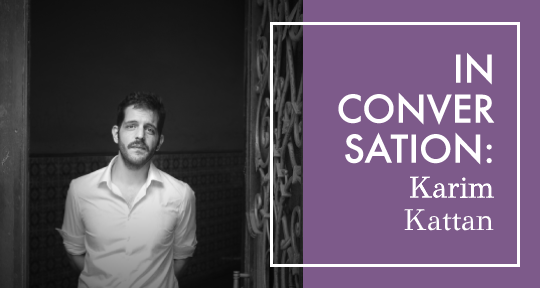This week, our editors from around the world highlight literary festivals, events, and publishing trends in India, along with accolades for previous contributors to Asymptote from Lebanon. Read on to find out more!
Matilde Ribeiro, Copy Editor, reporting from India
Geetanjali Shree’s novel Tomb of Sand was shortlisted on April 7 for the International Booker Prize. This is the first novel written in Hindi to have come this close to winning the prestigious award. The novel was translated to English by Daisy Rockwell, who emphasized the polyphonic nature of the text, which uses loanwords from other Indian languages like Punjabi, Hindustani, Urdu, and Sanskrit.
This linguistic choice, which mimics the way in which speakers of many dialects of Hindi borrow words from other languages, is especially important in light of persistent attempts to “purify” and standardize the Hindi language by removing all non-Sanskrit words. Moreover, in a literary field that is still dominated by twentieth-century authors like Premchand and Yashpal, Shree’s achievement could encourage more contemporary authors writing in Hindi.
However, there remains in general a fundamental disconnect between Indian literary awards and festivals and the choices of the Indian reading public, especially in non-English languages. This was one of the problems addressed during the online discussion “Karimeen for the Soul,” a panel on Malayalam literature hosted by the Bangalore International Centre on March 28, featuring Sahitya Akademi award-winning author Paul Zacharia, publisher Karthika VK, translator Nisha Susan, and journalist Nidheesh M K. Karthika noted that a major problem with regard to “mainstream” publishing and awards is their reliance on the novel as the main form of storytelling, rather than the short story, based on relative sales figures for the two forms. In the meantime, regional newspapers and magazines continue to publish experimental, pathbreaking local-language short stories, a medium that, Zacharia noted, “comes alive when innovation is dead.”


